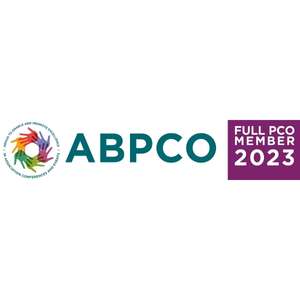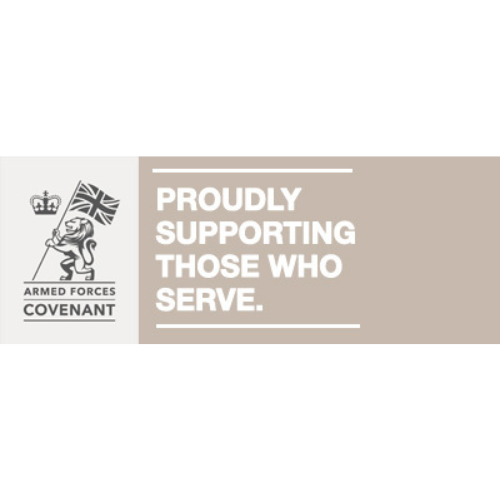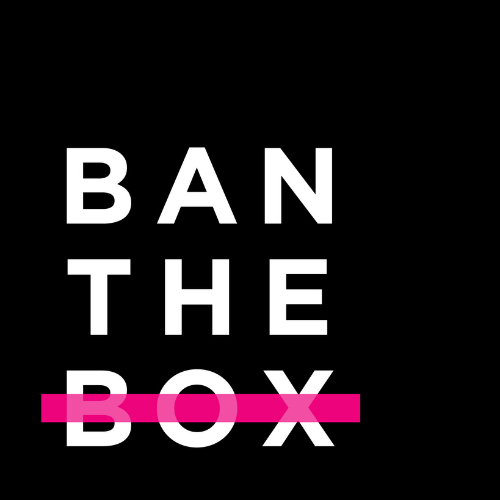
Adoption and convergence of electronic patient record (EPR) solutions in the NHS continues apace, spurred on by investment from the NHS England Transformation Directorate’s frontline digitisation campaign and the target for all NHS Trusts to have an EPR in place by March 2026.
A well-prepared procurement exercise will usually take several months to run from initiation to contract award. Similarly, large IT solutions such as an EPR system will often require approximately six to nine months to implement. As a result, we expect to see a large number of NHS Trusts begin the procurement process for a new EPR over the next few months in order to ensure their project timelines are on course for the 2026 target.
In recent months there have been several news stories published regarding both successful and unsuccessful EPR procurement exercises. A general theme found in all of these stories is that the successful procurement of an EPR solution requires careful and detailed planning that engages clinical and technical expertise throughout the process.
For those Trusts that are about to embark upon a new EPR procurement exercise, we set out below our recommendations when procuring for a new EPR solution and provide guidance on how to set up your EPR procurement process to be a successful one.
Avoiding early pitfalls
It is understandable to think that the key considerations when negotiating an EPR contract do not really arise until late in the procurement process. However, in our experience we often find that the die is cast much sooner than this stage, and so there are several things that are worth addressing from the outset wherever possible:
Picking the right procurement route. Frameworks may often be seen centrally as the solution to enable easy adoption of EPR solutions, but they should not be taken for granted. Supplier approaches vary considerably and so framework contracts will almost always have to be tailored. Suppliers will also look to adjust framework terms to reduce their risk exposure, even when the framework terms are already well-established. Different frameworks have their own intended purposes and not all of them are well-suited to SaaS-based EPR solutions. It is in a Trust’s best interests to invest in the effort from the very start and identify the most appropriate framework to meet its needs to try and minimise these frictions. If in doubt, we recommend seeking early advice from specialist procurement lawyers...
Read the full article here























